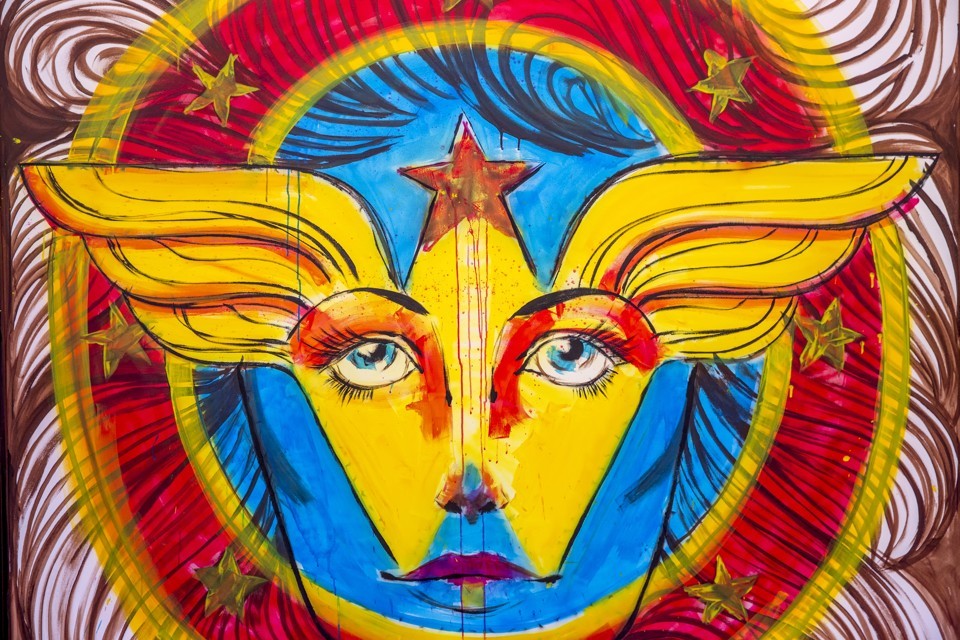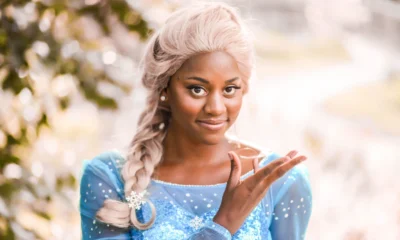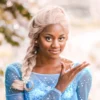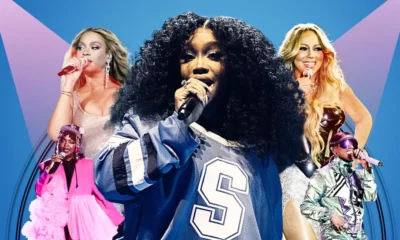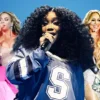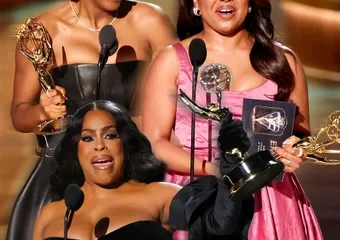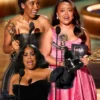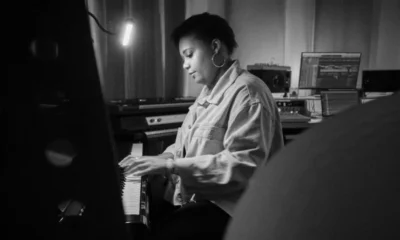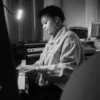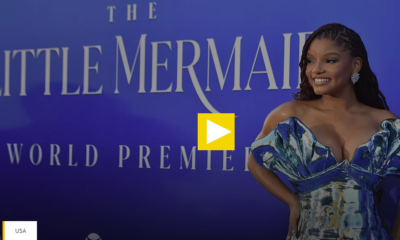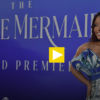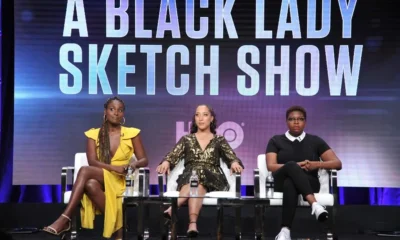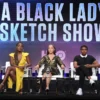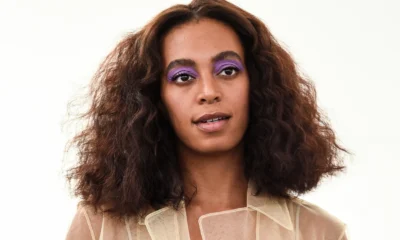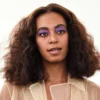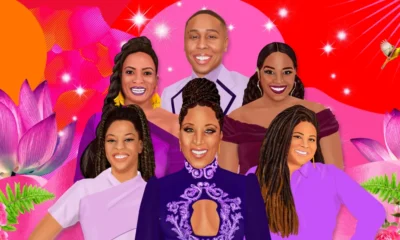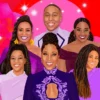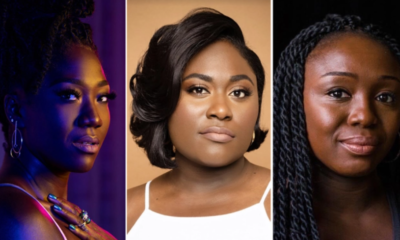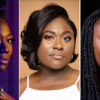Black Women in Entertainment
Imagining a Black Wonder Woman
Growing up, I was told my favorite comic-book heroine was white. And yet her struggles always seemed uniquely similar to my own.
When I was eight years old, I asked my mother if Wonder Woman was black. It was 1989—almost 30 years before I’d eagerly await the premiere of the first Wonder Woman movie. As a child, I had seen the Amazonian princess portrayed by Lynda Carter, who looked unmistakably white, on the syndicated television show I loved. But in many iconic pictures in the comic books I read, Wonder Woman appeared to have a trace of melanin that made me think—maybe?
Maybe I could believably be her for Halloween? Or maybe, simply, I could be wonderful, too. “She’s white,” my mother told me, perhaps wistfully, but definitively. Not wanting to dash my hopes, she added, “But she’s not real. So she can be whatever race you want her to be.”
Later that week, at an after-school event, armed with a coloring book, a brown crayon, and my mother’s voice still in my head, I filled in Wonder Woman’s skin to match my own. A white mother who was supervising the students saw my work; with shock, she asked why I’d “ruined” my picture. I told her I’d wanted to make my heroine look like me. “It doesn’t matter,” the woman declared pointedly. “She doesn’t have to look like you. You can still want to be her.”
It seemed this sentiment was everywhere I turned at the time. “Race shouldn’t matter,” the late ’80s had told me through the “very special episodes” of my favorite TV programs. From Family Ties to Golden Girls, shows…
Please read original article- Imagining a Black Wonder Woman



